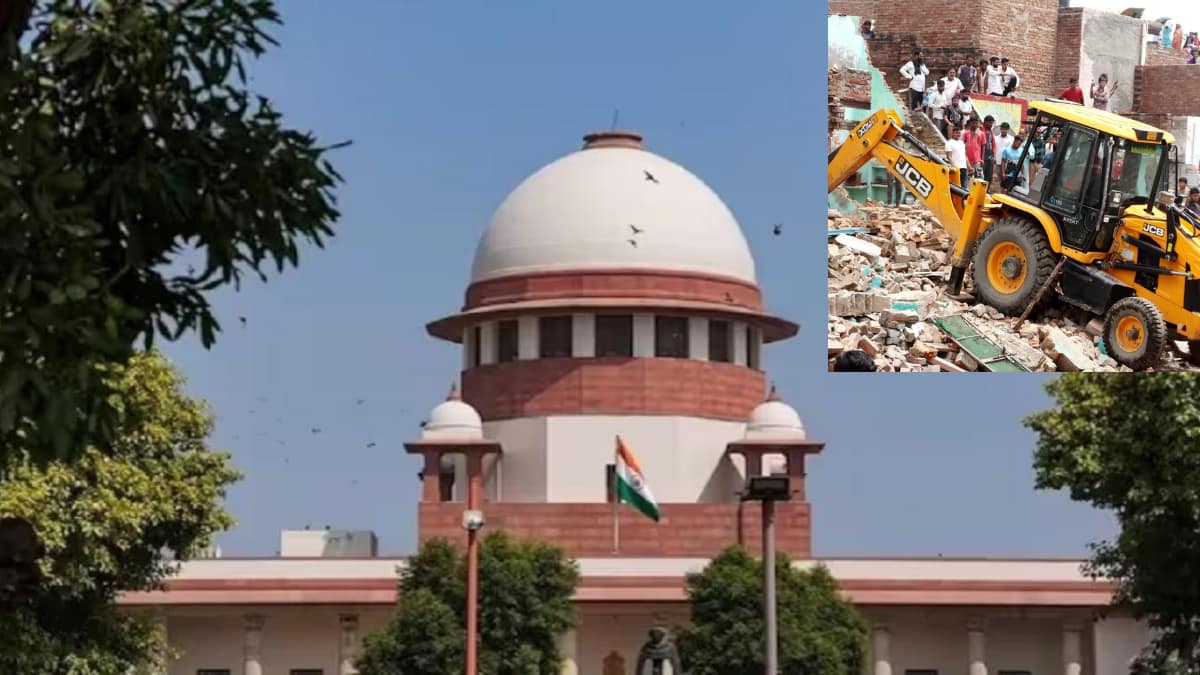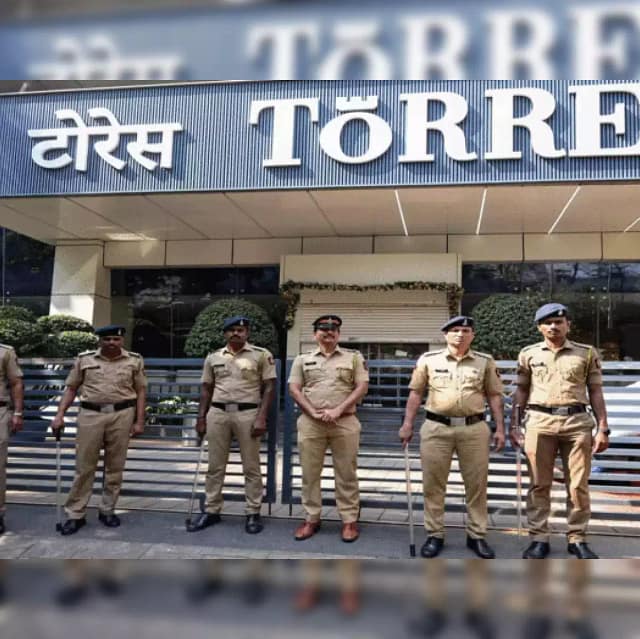In a critical ruling on demolition practices, the Supreme Court of India has mandated that a 15-day notice must be issued before any property demolition, aiming to protect citizens from arbitrary state actions. This directive reinforces the “rule of law” and stresses the judiciary’s role in overseeing executive powers regarding property rights.
A bench led by Justices B.R. Gavai and K.V. Vishwanathan underscored that every demolition order must be meticulously documented, explaining the nature of the alleged violations. To ensure transparency, notices should be affixed to the property, mailed via registered post, and made publicly accessible on designated municipal portals. Further, demolitions must be videographed, and failure to follow these guidelines will lead to contempt charges.
The court expressed grave concerns about the misuse of demolition powers, particularly where extra-legal actions have allegedly targeted marginalized and minority communities. “Rule of law mandates against arbitrary actions,” the bench stated, warning that unauthorized demolitions could foster lawlessness and compromise civil rights. The judiciary stressed that only a due process can authorize such actions and clarified that demolitions solely based on an individual’s alleged criminal record or social background are unacceptable.
The bench also highlighted that public safety remains paramount, instructing that unauthorized religious structures on public roads must be removed if they obstruct access. It reinforced that such actions apply equally across all religions, maintaining India’s secular framework.
Accountability was also emphasized in the ruling, with district magistrates assigned the task of monitoring compliance. This order follows the court’s previous interim order, which temporarily halted all demolitions without court approval—a directive that remains effective for authorized private property but excludes unauthorized structures on roads and footpaths.
The Supreme Court’s ruling is seen as a landmark in safeguarding citizens’ rights while maintaining public safety, establishing that the government must justify demolition as the last available option in cases of encroachment.




















